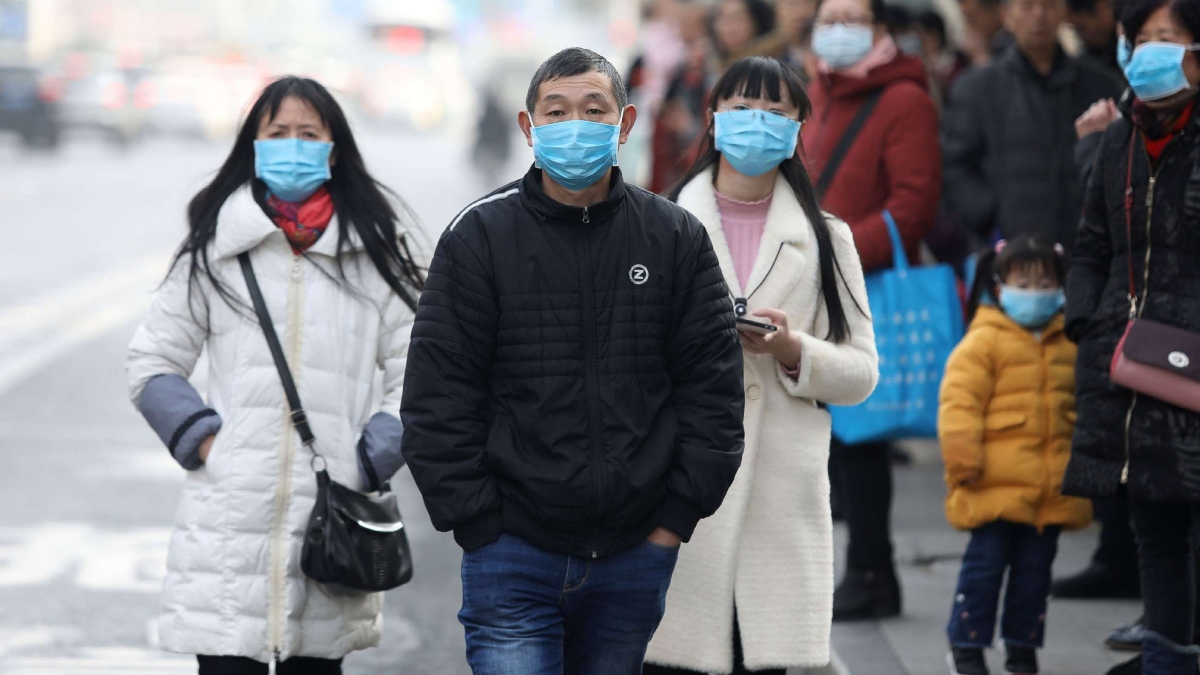The Department of Health (DOH) assured the public on Wednesday that there is no need for lockdowns or border closures in the Philippines following reports of a surge in human metapneumovirus (HMPV) cases in parts of China.
HMPV, a seasonal virus that thrives in colder months, has been detected more frequently in northern China, particularly among younger individuals. The virus causes respiratory tract infections with symptoms like cough, fever, and nasal congestion, similar to other common illnesses.
“HMPV is not like COVID-19—it’s not new. It has been known since 2001, identified by Dutch researchers, and is sporadically detected,” said DOH spokesperson Assistant Secretary Albert Domingo during an interview on TeleRadyo Serbisyo.
Domingo emphasized that the Philippines has managed HMPV cases effectively, with 284 reported cases last year. The virus is present worldwide and tends to spread more during winter, but its transmission is limited in the country’s tropical climate.
“Borders don’t need to be closed. HMPV is not highly transmissible here. Let’s continue with our lives while practicing caution because it is seasonal,” Domingo said.
Preventive measures such as good hygiene, avoiding exposure to infected individuals, staying home when sick, and wearing masks can help reduce the spread. Strengthening the immune system is also vital, Domingo added.
There is currently no specific treatment or vaccine for HMPV, but the DOH advised the public not to panic, noting that common colds caused by rhinoviruses also lack targeted treatments.
Meanwhile, the DOH reported a 17% decrease in influenza-like illness (ILI) cases in 2024, with 179,227 cases logged compared to 216,786 the previous year. The decline was attributed to improved health practices and better preparation by the health sector.
HMPV ranked sixth among the top causes of ILI in the Philippines this year, with rhinovirus, enterovirus, influenza A, respiratory syncytial virus, and adenovirus leading the list.






